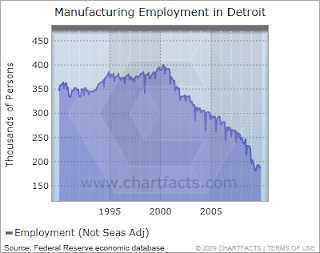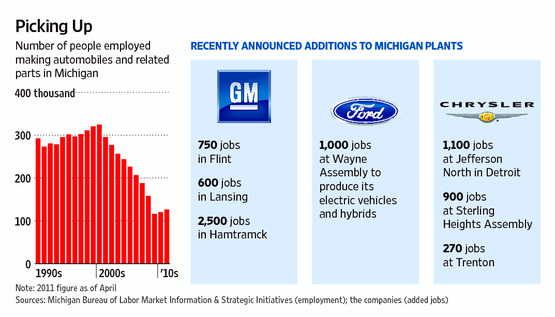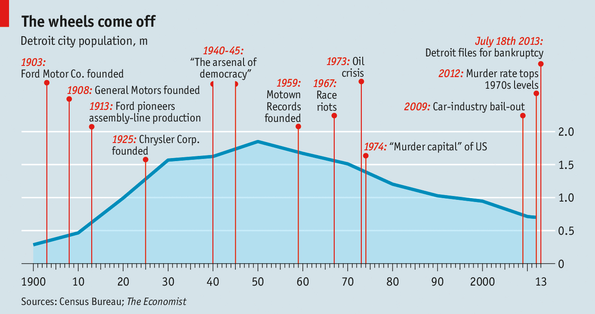Depending on ones priorities- Any country can be an economic powerhouse like our own btw. That is not the problem though. The problem is little priority is placed on standard of living for the citizens.
Snip:
Chile
Money, while it cannot buy happiness, is an important means to achieving higher living standards. In Chile, the average household net-adjusted disposable income is 11 039 USD a year, much less than the OECD average of 23 047 USD a year. But there is a considerable gap between the richest and poorest – the top 20% of the population earn 13 times as much as the bottom 20%.
In terms of employment, over 61% of people aged 15 to 64 in Chile have a paid job, below the OECD employment average of 66%. Some 74% of men are in paid work, compared with 49% of women. People in Chile work 2 047 hours a year, more than the OECD average of 1 776 hours. Some 16% of employees work very long hours, more than the OECD average of 9%, with 20% of men working very long hours compared with just 10% for women.
Having a good education is an important requisite for finding a job. In Chile, 71% of adults aged 25-64 have earned the equivalent of a high-school degree, below the OECD average of 74%. There is little difference between men and women, as 72% of men have successfully completed high-school compared with 71% of women. In terms of education quality, the average student in Chile scored 439 in reading literacy, maths and science in the OECD’s Programme for International Student Assessment (PISA). This score is lower than the OECD average of 497. On average in Chile, girls outperformed boys by 3 points, less than the average OECD gap of 9 points.
It goes on and on but you get my point.




